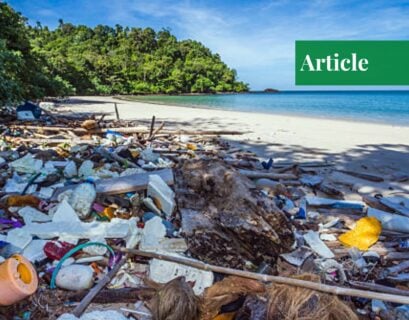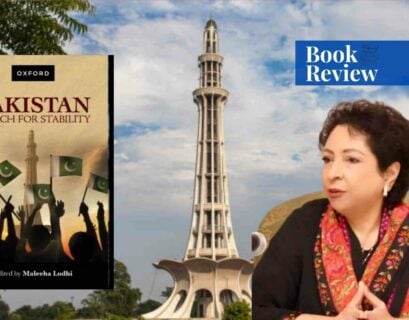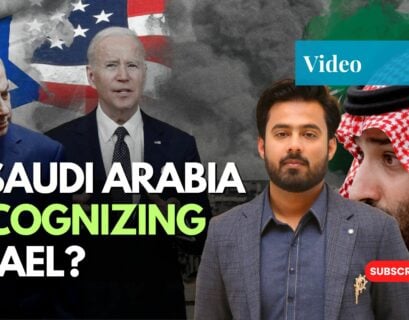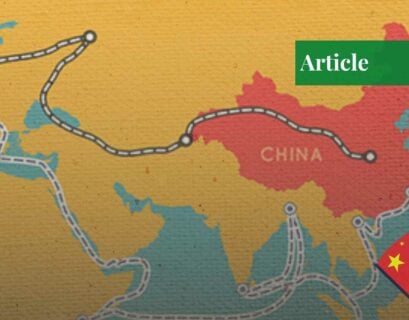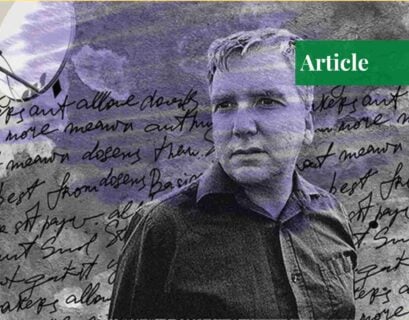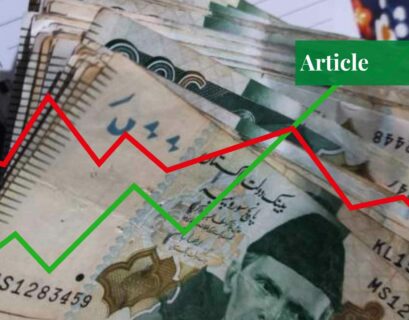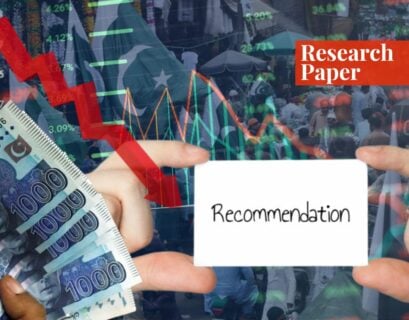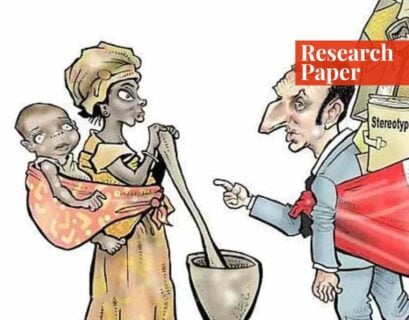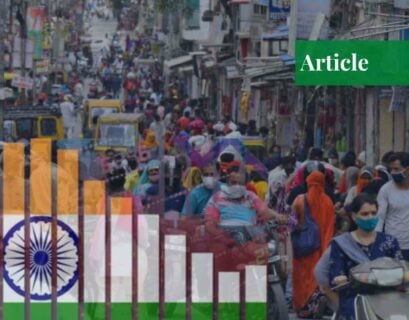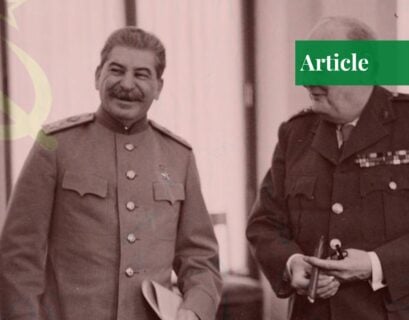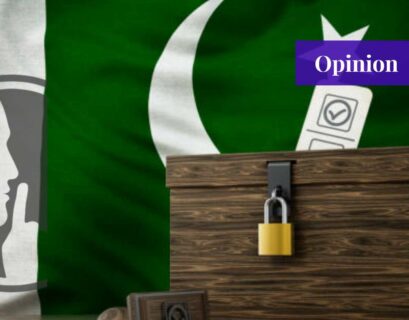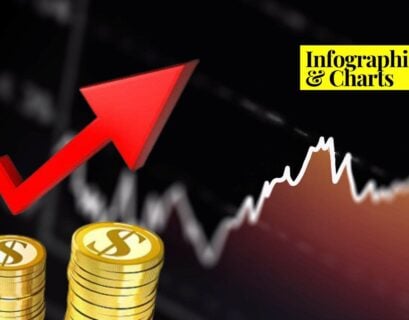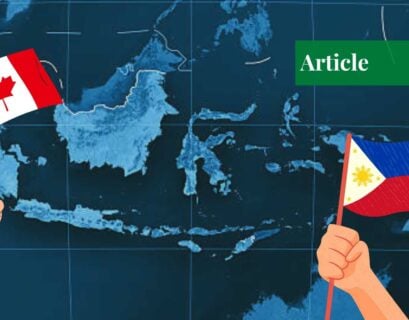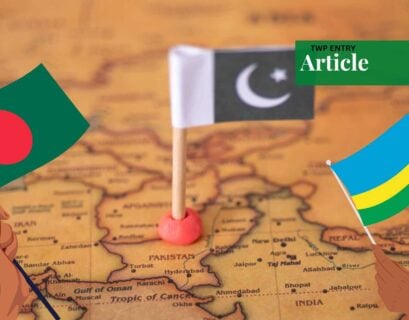How Tourists are Ruining Travel Destinations
Tourism has long been a part of the world. It is also beneficial for the visited areas if done responsibly. However, the growing phenomenon of over-tourism has negatively affected the environment and landscape of the tourist spots and the lives of the local people. The tourism industry exploits the local areas, leading some to believe tourism is a neocolonial venture. Therefore, responsible and sustainable tourism is needed to rein in the negative aspects of over-tourism.
Analyzing the Iranian and Israeli Counter-Strikes
April has been eventful for security analysts and geopolitical experts.
The long and bitter rivalry between Iran and Israel was fully exhibited by the repeated strikes and counter-strikes between the two.
There is something oddly interesting about these retaliatory attacks, and Abdullah Nisar shares his take on the attacks between 1st and 19th April and how things will play out.
Will Iran make its move against Israel for the Isfahan attacks?
[Video] The BDS Movement Against Israel
The war in Gaza has led to over 33,000 Palestinian deaths, prompting the BDS movement to boycott pro-Israel brands and products. This movement has caused significant losses for companies like Starbucks and McDonald’s.
Our video this week presents an in-depth analysis of the pros and cons of boycotting pro-Israel brands.
Pakistan: Search for Stability by Dr. Maleeha Lodhi
Pareesa Memon outlines the accomplishments and publications of Dr. Maleeha Lodhi, a prominent figure in Pakistan’s diplomatic landscape. Her review of Dr. Lodhi’s book “Pakistan: Search for Stability,” focuses on Pakistan’s political, economic, and social challenges.
The book highlights the issues such as the disengaged youth, current account deficit, climate change, and more. It concludes with recommendations and solutions for said issues, including governance reforms, economic revival, youth engagement, and the strengthening of local governments.
[Video] Is Saudi Arabia Recognizing Israel?
This video examines a potential historic shift in the Middle East—Saudi Arabia’s potential recognition of Israel. Driven by American efforts for regional stability, the normalization of Saudi-Israel relations will have both benefits and consequences for the region, particularly for Palestine.
Is China’s Belt and Road Initiative (BRI) Another Marshall Plan?
Though they’re separated by more than half a century, the American Marshall Plan and China’s Belt and Road Initiative (BRI) were both responses to global crises. Fahad Nasir provides a comparative analysis of the two financial initiatives, drawing upon the differences and similarities between the two in a comprehensive manner.
Capitalist Realism: A Theoretical Framework for Our Times
Sameer Sohail explores Mark Fisher’s theoretical framework of capitalist realism. While providing an in-depth explanation of the theory, he addresses capitalism’s pervasive influence in our daily lives. From our culture to wars, everything has been commodified in the capitalist world, shaping our perceptions and interactions with even the smallest of things.
Economy of Pakistan over the Years
With an external debt exceeding 130.1 billion dollars, Pakistan faces precarious debt levels, political instability, and deteriorating economic indicators.
The global economic downturn spurred by Covid-19 hit advanced economies hard and sent the growth rates of developing and underdeveloped states plummeting. The PTI government made modest gains, particularly in agriculture and manufacturing. However, deep-seated challenges such as energy crises and regulatory hurdles persisted.
Hamza Shariff concludes that Pakistan must prioritize structural reforms, invest in human capital, and diversify energy sources to unlock the nation’s economic potential.
Transforming the Economic Condition of Pakistan: Challenges & Solutions
Lt Gen (R) Tariq Khan examines the dire economic condition of Pakistan. He asserts that the state of Pakistan’s economy is the result of none other than its own policies and its disregard for the well-being of its citizens. In light of this self-inflicted damage, he advocates for a new economic initiative to steer Pakistan towards recovery.
How Contemporary International Public Policy is Shaped by the Legacies of Colonialism
The aftermath of colonialism is evident in the contemporary political landscape which shapes international public policy and helps in understanding conflicts in the world.
In this research paper, Tahoora Kamran uncovers the legacies of colonialism through three cases—the French colonial pact; Belgian rule in Rwanda; and neocolonial governance through the IMF and the World Bank—all of which ultimately indicate the traces of colonialism and showcase the importance of using a postcolonial lens.
The Indian Economic Model: A Story of Progress & Paradox
Jana Awez provides a critical analysis of India’s economic growth, revealing the harsh realities that exist beneath the surface of its impressive economic achievements. Despite economic gains, citizens grapple with debt, inflation, unemployment, and poor infrastructure. India’s dream of becoming an economic superpower clashes with existing social issues.
The Anglo-Soviet Invasion of Iran
The Anglo-Soviet invasion of Iran officially began on 25th August 1941 and concluded on 31st August 1941, a day after the Iranian government had agreed to surrender and establish a ceasefire.
However, the invasion was more than a mere military operation; it assisted in setting the stage for Iran’s role in global politics along with shifting the perspective of the Iranian government and its populace concerning the West.
Voices Unheard in Pakistan’s General Elections: The Paradox of Gilgit Baltistan’s Political Rights
Wazir Zafar Hassan laments the political status of Gilgit Baltistan (GB), especially since the residents of the GB area do not have the right to vote in the general elections of Pakistan.
He raises his concerns in the hopes that he and the rest of the people of GB will be able to secure political representation in the National Assembly.
Countries with the Highest GDP per Capita for Each Continent
Across continents, countries exhibit diverse economic standings. This infographic highlights the top-ranking countries in terms of GDP per capita on each continent.
Canada-Philippines Defence Agreement and the South China Sea Dispute
The recent defence agreement signed between Canada and the Philippines is focused on cooperation in military education, information sharing, training exchanges, peacekeeping operations, and disaster responses regulated between the military and defence establishment of both countries.
Although it doesn’t mention a direct aim of safeguarding the claims of the Philippines in the South China Sea, the defence agreement would surely play its role in the ongoing dispute.
The Fault in Our Stars: Pitfalls in Pakistan’s Economic Development
As Pakistan approaches its 77th anniversary, Aiman Shahid reflects on its journey.
Impacted by political turmoil and a neglect of economic development, Pakistan trails behind other developing nations such as Bangladesh – a state once poorer than Pakistan, now emerging as a success story, overcoming adversity through strategic reforms and empowering its female workforce.
Comparing Pakistan to African developing states, she also highlights valuable insights from Rwanda’s path to progress, which could transform Pakistan’s economy and help the South Asian state achieve its development goals. As the nation stands at a crossroads, it must confront its identity crisis and persevere to shape a brighter future.
Efforts to Curb the Drug Menace in KP
Nothing hampers economic growth more than a disorderly and chaotic society, especially where illicit drugs run free in the market.
Syed Salman Mushtaq Gilani focuses on the Anti-Narcotics Act 2017 and its impact on drug control within the KP province, especially on the youth.
